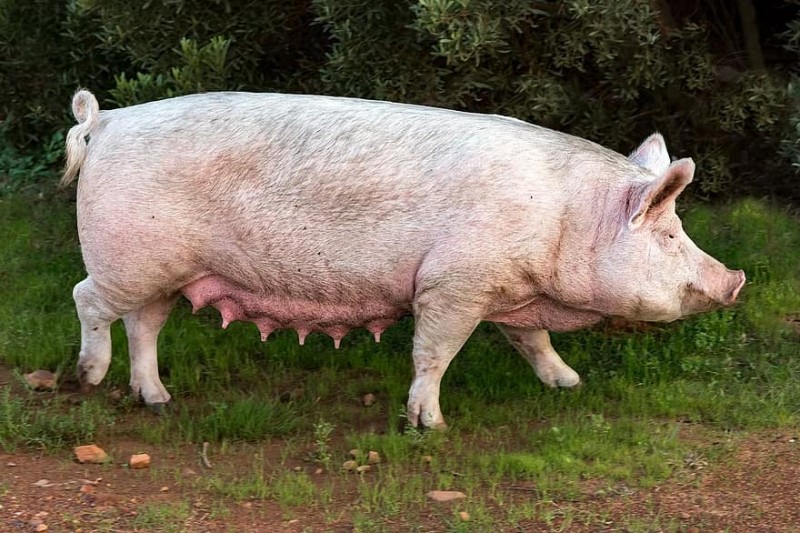
In a remarkable scientific breakthrough, researchers have successfully cultivated a humanised kidney within a pig, offering a potential solution to the critical shortage of organs available for transplantation. This groundbreaking achievement marks the first instance of scientists growing a human organ inside another species.
The key to this groundbreaking achievement lies in the development of human-pig chimeric embryos. These embryos consist of a fusion of human and pig cells, representing a significant step towards overcoming organ scarcity. Published in the prestigious scientific journal Cell Stem Cell, the study details how these embryos were meticulously crafted and nurtured.
Upon implantation into surrogate pig mothers, these chimeric embryos embarked on an extraordinary journey. After 28 days of development, the resulting kidneys contained predominantly human cells, maintaining a normal structural composition. Impressively, human cells dominated, constituting an impressive 60 to 70% of the total cells present in the humanised kidneys.
Lead researcher Liangxue Lai, affiliated with the Guangzhou Institutes of Biomedicine and Health, Chinese Academy of Sciences, and Wuyi University, expressed the significance of this achievement. While organs from rats and mice had been produced within their respective species, prior attempts to cultivate human organs within pigs had fallen short. This pioneering approach has now demonstrated the potential for successful human organ growth within these animals.
Pigs present an enticing option for xenotransplantation due to their physiological similarities to humans and comparable organ sizes. Additionally, pigs align with humans in terms of embryonic development, making them a promising choice for hosting human organs. The human kidney, a highly sought-after transplant organ, is particularly amenable to this innovative technique.
The United States Organ Procurement and Transplantation Network reports a staggering 88,500 individuals currently awaiting organ transplants. This revolutionary research offers a glimmer of hope in addressing this critical shortage, potentially revolutionizing the field of transplantation medicine.
Miguel Esteban, the senior study author and principal investigator at the Guangzhou Institute of Biomedicine and Health, Chinese Academy of Sciences, shared insights into the journey to this achievement. It was a five-year endeavor that involved genetic modifications to both pigs and human cells. These alterations created a conducive environment for human cells to flourish amidst the challenges of competing with their porcine counterparts.
While this breakthrough holds immense promise, it also comes with ethical and scientific challenges. High rates of degenerating pig embryos need examination, along with potential issues related to chimerism and the injection process. The integration of pig cells into other lineages, such as the brain and germ cells, raises ethical concerns if the pigs were to come to term. Furthermore, the composition of organs involves various cell types, including vascular cells, which could lead to rejection if any are of porcine origin.
In addition to the kidney, this study unveiled that central nervous system cells in the embryos remained primarily of pig origin. Previous attempts at creating such hybrids had faltered due to pig cells overpowering their human counterparts. However, this study employed genetic engineering to carve out a niche within the embryo for human embryonic stem cells.
The researchers emphasize that these findings signify the potential to generate fully functional human kidneys within newborn pigs. This breakthrough offers an appealing alternative to address the pressing shortage of human organs available for transplantation, bringing hope to countless individuals in need.
The creation of humanised primordial organs in organogenesis-disabled pigs opens a new and exciting avenue for regenerative medicine. It also provides a unique opportunity to study human kidney development, offering valuable insights into this intricate process.
This groundbreaking achievement in xenotransplantation ushers in a new era of possibilities for addressing the organ shortage crisis, offering hope to countless individuals in need of life-saving organ transplants.
The Benefits of Adding Soaked Flaxseeds to Your Morning Routine
Nipah Alert in Kerala, Nipah Virus Precautions: Protecting Yourself and Others